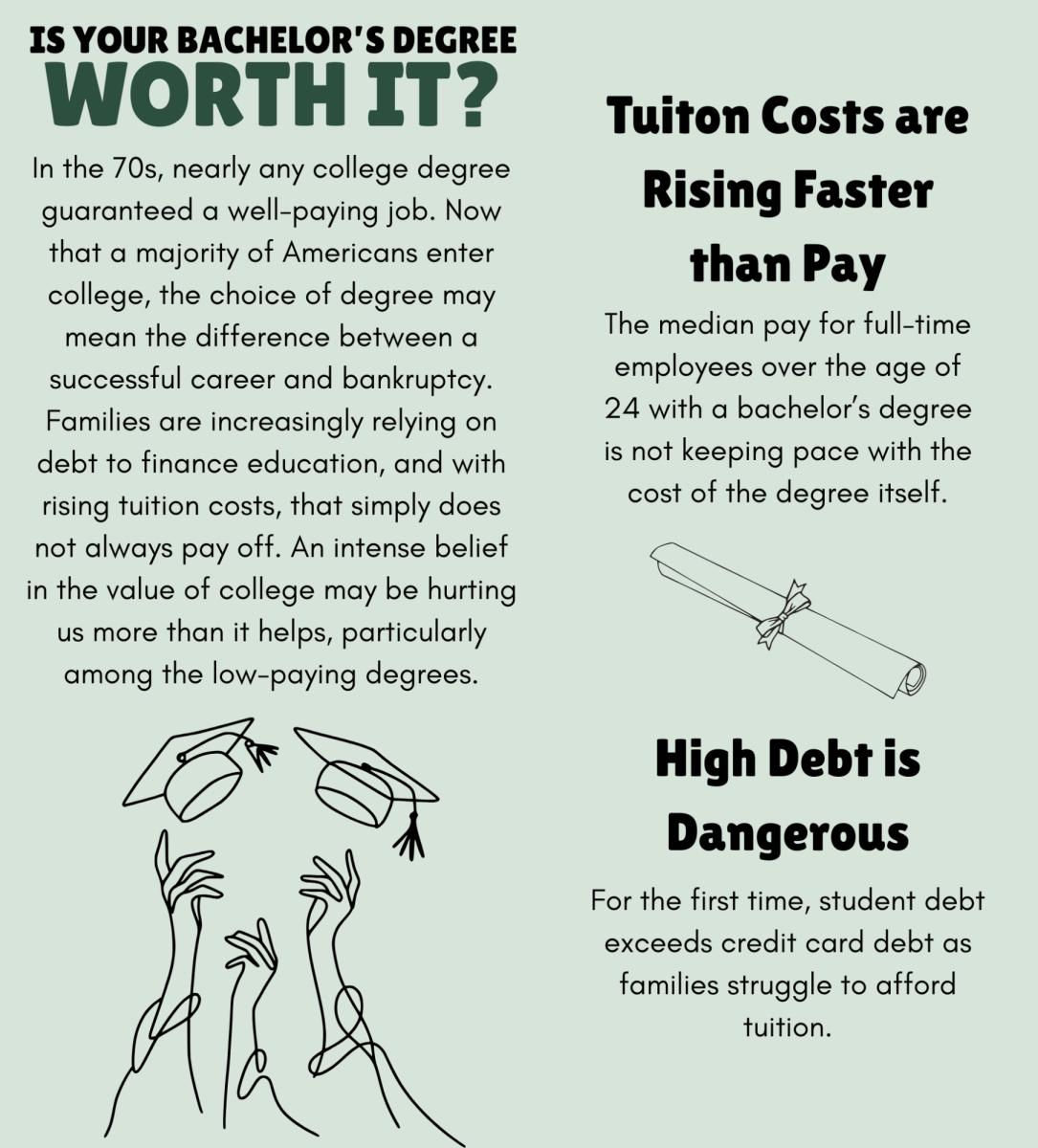Even at 3 a.m. on a Tuesday, the Internet is wide awake.
There are people on social media with worries and problems that don’t rest, so neither do they.
They hide under the blanket of their bed, phone in hand, looking for any indication that the world either cares about their problems or waiting to come across something that will act as a distraction.
Somehow, Facebook has become a diary for statuses that pollute timelines with drama and TMI moments. Looking through your homepage, you could get a pretty detailed run-down of people’s home troubles, bodily functions, infidelity and every other issue that has no place on the Internet.
What I can’t seem to understand is why people don’t want to keep their private lives as just that: private.
Chances are, if you took half a second to scroll through your friend list, you would see people you don’t know.
People you forgot about, friends you haven’t seen in years, relatives you didn’t know had a Facebook account and possibly hundreds of others that have no presence in your life.
Are all these people really worthy of knowing the things you do? Do they deserve to have knowledge of your mistakes, beliefs, hopes, dreams and aspirations?
For some, sites like Facebook have become an outlet for attacking others. It’s a means of telling people they are wrong, inferior or stupid.
Somewhere along the way of your social media journey, you’ve probably accepted the friend request of a Facebook vulture.
They’re the “friends” that serve no purpose but to lie and wait, hoping you will slip up and post a risky picture or exercise your freedom of speech.
They’re ready for you to share an anti-Obama post or do the ALS ice bucket challenge because they have a military-grade argument gun loaded with pre-researched knowledge and ignorant comments and cocked and ready to fire at the next unsuspecting person.
The truth is you can say all the right things, but they’re not really listening until you say something with which they don’t agree.
People are far more interested in catching you expressing yourself and your beliefs because they want to remind you that they have the same right, even if that means attacking you.
If you’re one of those confident, stand-up-for-your-beliefs kind of people that likes to argue on social media, be that person all the time. Bring an argument to the table that you are willing to fight for without the protection of the Internet.
But understand that not every issue needs addressing. Facebook posts that promote anti-gay comments, racial slurs or any other unacceptable hatred don’t call for rebuttal because ignorance doesn’t deserve any more time and attention than it already receives.
If you allow every little thing to start a fiery blaze of sass within you, people stop listening. Then when an issue really matters and merits support, you’ll be disregarded.
And if you find yourself constantly targeted, don’t let the vultures keep you from spreading awareness about the things that matter to you. As annoying as it is to deal with silly comments, no one person has more right to speak their mind than another.
That’s the beauty of social networking. Whether the vultures are circling over your head or an army of support stands behind you, your voice will be heard.
In an age that seems to be full of people ready to shut others down, that’s all you can really ask for.





